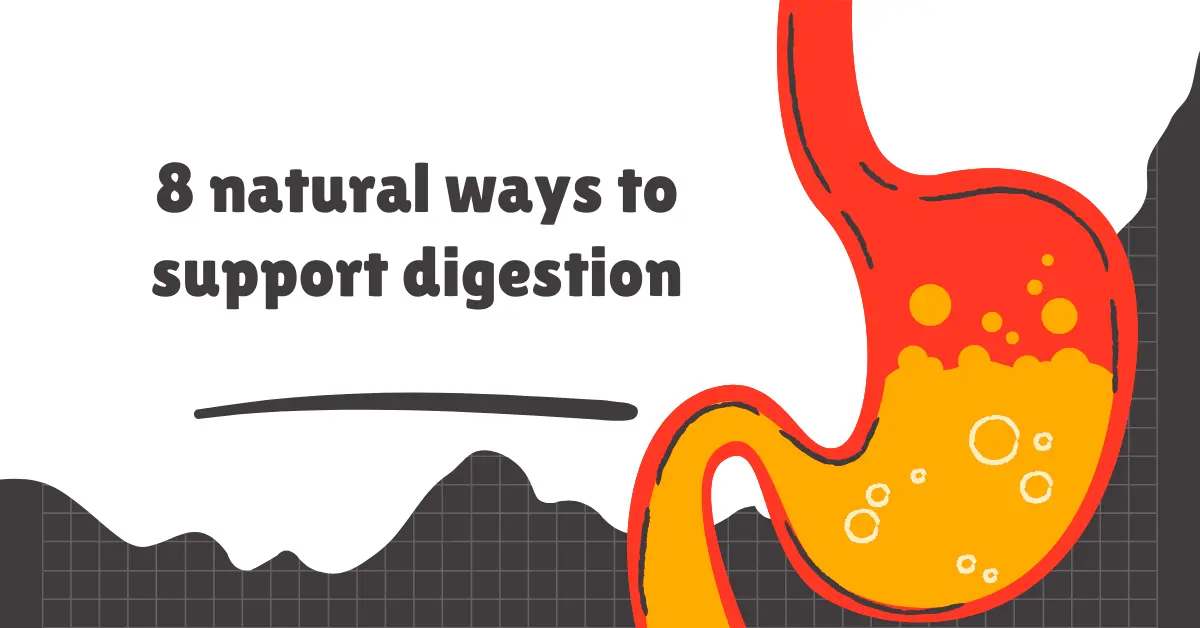Have you ever felt butterflies in your stomach when nervous? Or lost your appetite when stressed? That’s not just in your head—your gut and brain are deeply connected. Today, we’ll explore how gut health affects your mood, and why taking care of your gut can help you feel better emotionally.
At My Gut Health Matters, we believe a healthy gut means a happier you. Let’s break it all down in a simple, friendly way.
What Is the Gut-Brain Connection?
The gut-brain connection is the way your digestive system and brain talk to each other. This happens through a pathway called the brain-gut axis. It’s like a two-way street. When your gut is healthy, it sends good signals to your brain. When it’s out of balance, it can trigger stress, sadness, and anxiety.
The gut contains over 100 million nerve cells. It even makes many of the same chemicals your brain uses. That’s why scientists sometimes call it your “second brain.”
Gut Bacteria and Mood: How the Microbiome Affects Emotions
Inside your gut live trillions of bacteria. This collection is called your microbiome. Some bacteria help with digestion. Others support your immune system. But here’s something many people don’t know: your microbiome also affects your mood.
When good bacteria thrive, your mood improves. If harmful bacteria take over, it can lead to emotional issues like sadness and brain fog. Research has shown strong links between gut bacteria and depression.
A balanced gut means balanced emotions.
Serotonin and Gut Health: The Happy Hormone
You might think serotonin is made in your brain. But did you know about 90% of your serotonin is actually made in your gut? This hormone helps control your mood, sleep, and even how hungry you feel.
If your gut is unhealthy, it can mess with serotonin production. That leads to low energy, sadness, and poor focus.
Keeping your gut healthy helps your body make the serotonin it needs to keep your mood steady.
Gut Health and Anxiety: The Emotional Link
Do you often feel anxious or on edge? Your digestive health and anxiety may be more connected than you think.
When your gut is inflamed or unbalanced, it can signal danger to your brain. Your body responds with anxiety. That’s why calming your gut can help calm your mind.
Some people notice that when they eat better, their mood and mental focus improve. This isn’t just a coincidence—it’s the gut-brain link at work.
Probiotics and Mental Health: Tiny Helpers with a Big Impact
Probiotics are good bacteria you can eat through supplements or fermented foods. They boost the number of helpful bacteria in your gut.
Many studies now show that probiotics can support mental health. They help reduce stress, improve focus, and even fight symptoms of depression. If you want to improve your mood, adding a high-quality probiotic can be a smart first step.
That’s why we include powerful probiotics in many products at My Gut Health Matters. Because your mood deserves support from the inside out.

Signs Your Gut May Be Affecting Your Mood
Here are some signs to watch for:
- Feeling sad or anxious for no reason
- Brain fog or poor focus
- Trouble sleeping
- Cravings for sugar or junk food
- Frequent bloating or gas
If you notice these signs, your emotional health and gut health might need attention. Improving your gut can help your mood improve naturally.
How to Support a Healthy Gut for Better Mood
You don’t need a full diet overhaul to start feeling better. Small steps can make a big difference.
- Eat Gut-Friendly Foods
- Yogurt (with live cultures)
- Kimchi, sauerkraut, and other fermented foods
- Fresh fruits and veggies
- Whole grains and nuts
- Avoid Gut Harmers
- Sugary snacks
- Ultra-processed foods
- Excess alcohol
- Artificial sweeteners
- Add a Trusted Probiotic Supplement
Choose a high-quality probiotic that supports both digestion and mood. At My Gut Health Matters, we offer expert-formulated products to do just that.
- Get Enough Sleep
Poor sleep hurts your gut. Aim for 7–9 hours each night.
- Manage Stress
Deep breathing, walks, and time outdoors help reduce stress. That keeps your brain and gut in sync.
Can Fixing Your Gut Fix Your Mood?
No, fixing your gut won’t solve every problem. But a healthy gut can make everything else feel a little easier.
By improving your digestion, supporting your microbiome, and adding probiotics, you’re giving your brain the tools it needs to feel better.
At My Gut Health Matters, we see how gut health transforms lives every day. And we’re here to help you take control of your health and your happiness.
Read more: 5 Ways to Develop a Positive Mindset for Better Gut Health
Final Thoughts: Your Mood Deserves a Healthy Gut
The link between gut health and mood is real. It’s not just science—it’s personal. What you eat and how you care for your gut can change how you feel, think, and live.
Ready to support your gut and lift your mood?
Explore our expert-backed supplements at My Gut Health Matters and take the first step toward a happier, healthier you.








